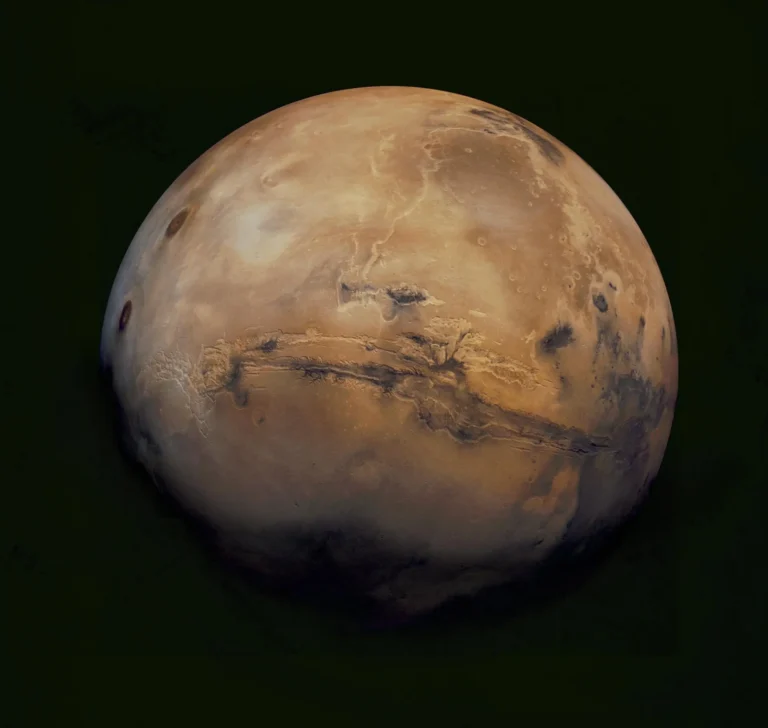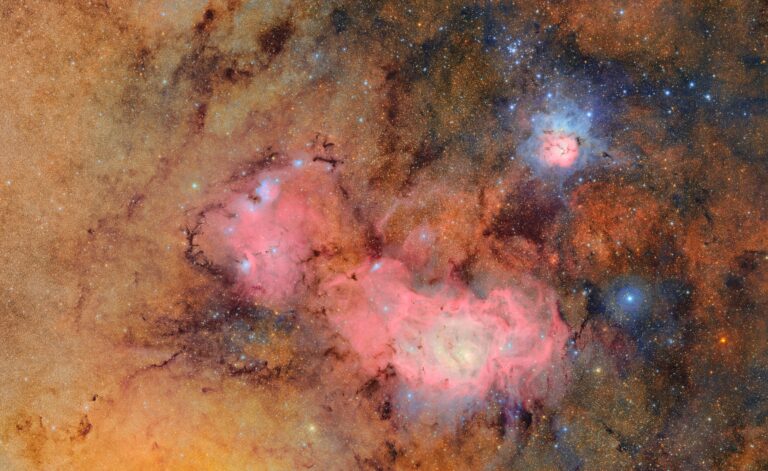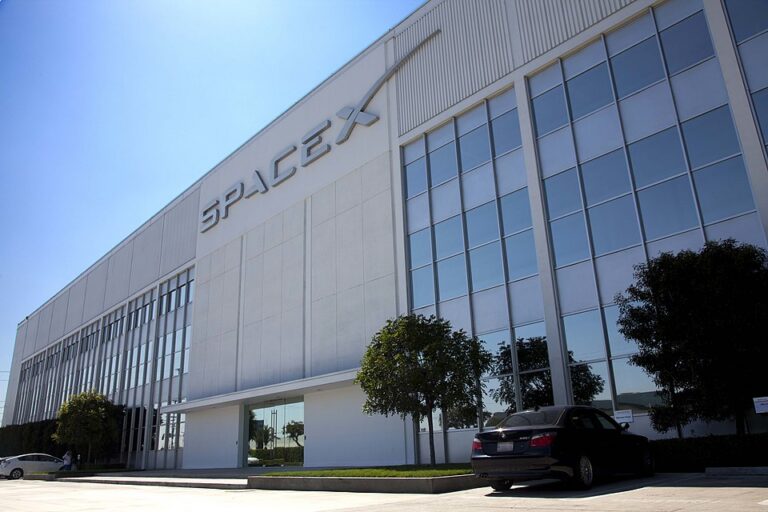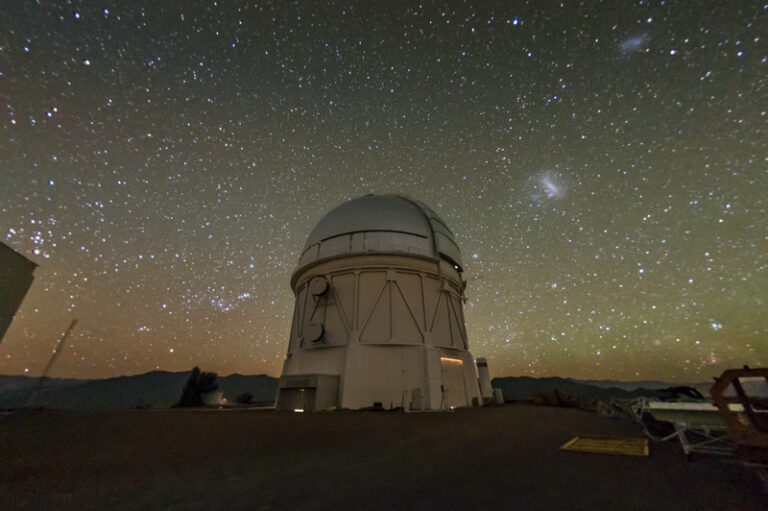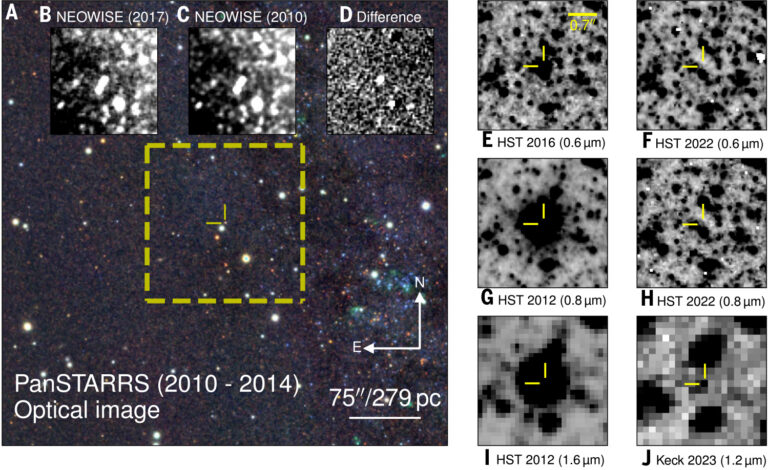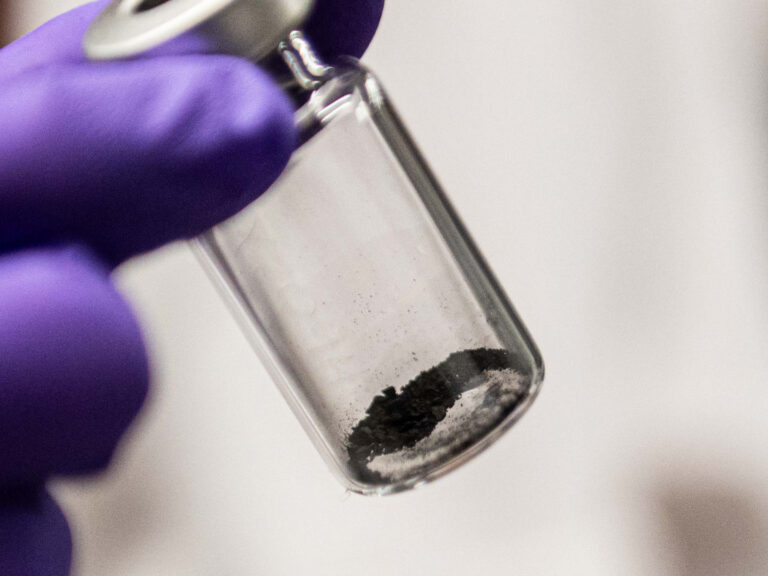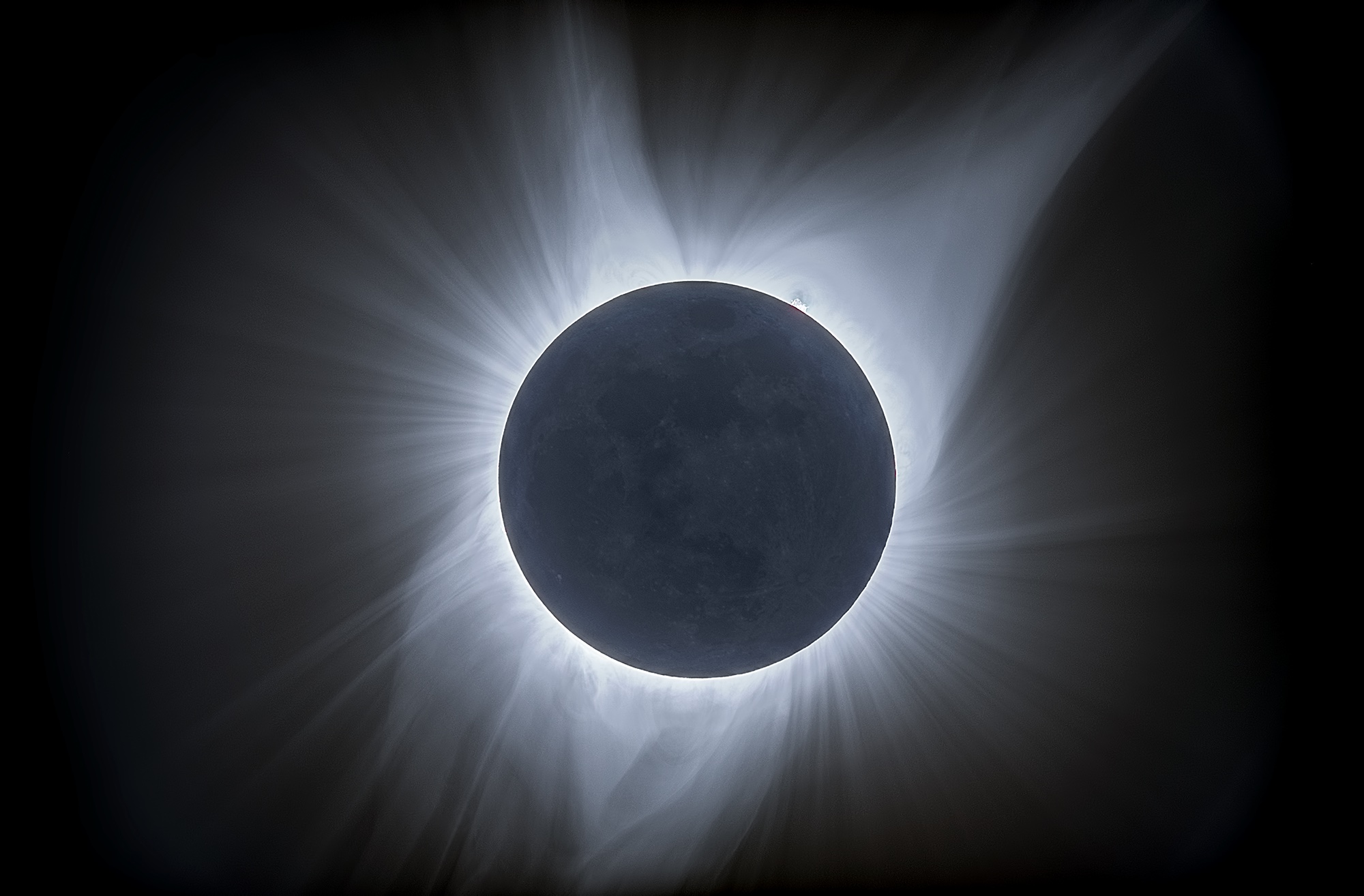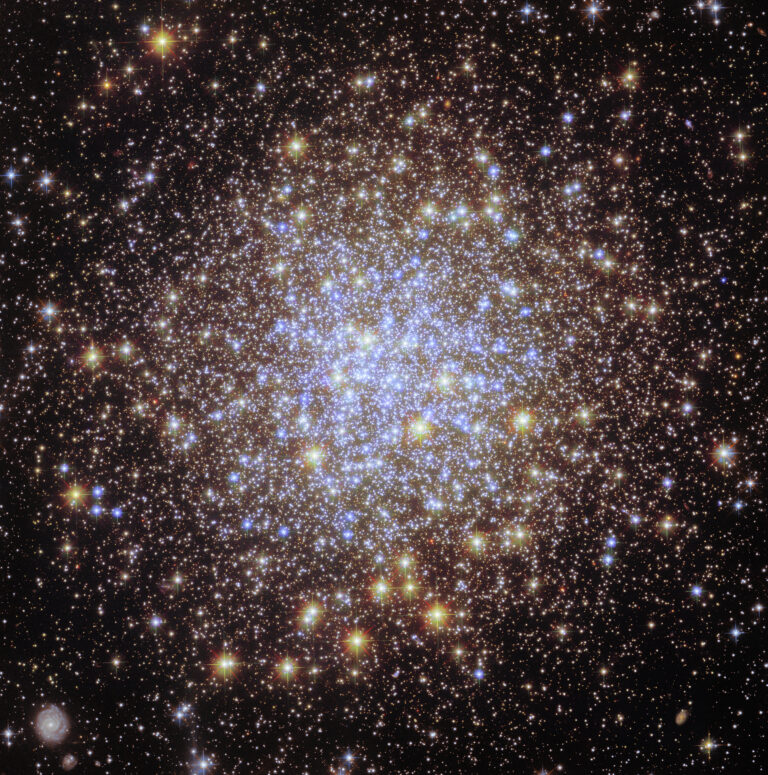
UPDATE July 21, 2025: The full text of the relevant Senate appropriations bill has now been posted online (PDF link here).
In a July 10 markup meeting, the Senate Appropriations Committee, responsible for crafting the specific spending bills that allocate federal funds across the government, pushed back against President Trump’s proposed FY2026 budget. The comments signaled bipartisan resistance in the Senate to steep cuts in federal science funding.
The president’s proposed budget, released in May, aimed to slash funding for NASA science and the National Science Foundation (NSF). The move would have terminated dozens of key missions and projects — actions that experts warned could undercut U.S. leadership in space and innovation.
In response, at the markup meeting where a draft appropriations bill was presented and debated, members of the Senate committee expressed their intention to preserve existing funding levels. Senator Chris Van Hollen (D-Md.) summed up the committee’s response: “We rejected cuts that would have devastated NASA Science by 47 percent and would have terminated 55 operating and planned missions. And instead, we provide $7.3 billion.”
Underscoring the urgency of the moment, all seven living prior associate administrators of NASA’s Science Mission Directorate issued a rare joint statement on July 1 in a letter addressed to the leaders of the House Appropriations Committee. The letter opposed the cuts and warned that the effects of the budget would be to “cede U.S. leadership in space and science to China and other nations, to severely damage a peerless and immensely capable engineering and scientific workforce, and to needlessly put to waste billions of dollars of taxpayer investments.”
Bipartisan support for science
During the July 10 markup, the Senate Appropriations Committee was considering three key FY2026 appropriations bills: the Commerce, Justice, Science (CJS) bill, which funds NASA, NSF, the FBI, and related agencies; the Agriculture, Rural Development, Food and Drug Administration (FDA) bill, which supports farming programs, food safety, and rural initiatives; and the Legislative Branch bill, which covers congressional operations and related administrative expenses.
While the Agriculture and Legislative Branch bills were approved, the CJS bill remains unresolved due to a dispute over proposed cuts to FBI funding and an amendment concerning the FBI headquarters relocation, which raised national security concerns. The committee recessed without voting on the CJS bill and is expected to reconvene soon.
But remarks during the meeting reflected a bipartisan sentiment to sustain funding for NASA and NSF programs.
Sen. Van Hollen highlighted the CJS bill’s protections for key programs, stating, “We were able to protect agencies like NASA science and NSF, sparing them from the proposed steep cuts. The bill funds NASA at $24.9 billion, slightly above fiscal year 2025, to explore the solar system, advance climate science, and promote innovation.”
Similarly, Sen. Jerry Moran (R-Kan.) underscored the strategic investments made to accelerate America’s plans for lunar and martian exploration, stating, “We make critical investments to accelerate our plans to land Americans on the lunar surface and technologies that could land astronauts on Mars.”
More controversy around Discovery move
In a notable aside during the appropriations discussions, Sen. Dick Durbin (D-Ill.) introduced an amendment titled “Houston, We Have a Problem,” addressing the controversial proposal to relocate the space shuttle Discovery from the Smithsonian’s National Air and Space Museum in Virginia to Texas. The proposal has the backing of Texas senators Ted Cruz and John Cornyn.
Durbin called the effort a “heist” and warned against forcing a costly transfer without honest accounting. He also criticized the $85 million funding set aside in the reconciliation bill as grossly insufficient compared to the estimated $305 million needed to move and properly display the shuttle. Ultimately, Durbin withdrew the amendment but urged his colleagues to carefully consider the implications of the move.
The path forward for NASA funding
Once the Senate committee votes on the Commerce, Justice, Science (CJS) appropriations bill, the legislation will move to the full Senate for consideration. If approved by the Senate, it must then be reconciled with the House’s appropriations bill before being sent to the president for signing.
This process is time-sensitive, as the fiscal year begins on Oct. 1, 2025, and failure to pass the appropriations bills could result in a government shutdown. The coming weeks are therefore crucial in determining the final funding levels for NASA, NSF, and other key science programs.
Although the overall budget faces cuts, NASA science funding remains protected, reflecting recognition of the important role these missions play. As Sen. Moran noted, “This bill is a blueprint on how to govern in a constrained fiscal environment by making smart strategic choices, cutting where we can, investing where we must, and always staying focused on trying to deliver value to the American people.”


